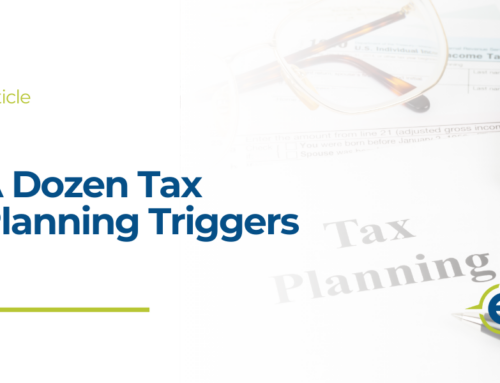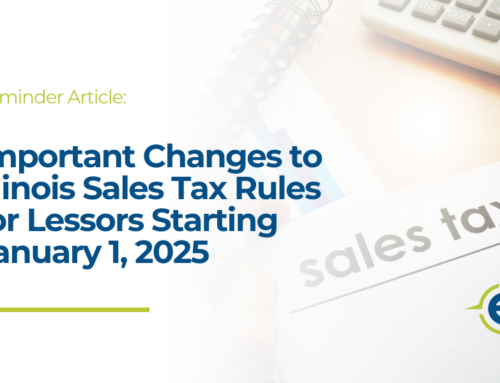Tax Tips for the Self-Employed
It’s easier than ever to join the gig economy. Opportunities are everywhere, from food delivery services and driving for Uber to gaming, freelance programming, and custom writing services. Unfortunately, what most of these endeavors do not do, is prepare you for your new tax life as a sole proprietor. Here are some tips:
One: Review Your Business Entity Format With an Expert
In the eyes of the IRS, when you enter the world of the self-employed, you are considered a sole proprietor and report your business activity on Schedule C of your individual tax return. But other legal and tax entities may be a better idea for you, especially if you wish to separate business risks from your personal affairs.
Two: Plan for Social Security and Medicare Payments
As an employee, you pay social security and Medicare tax, and so does your employer. Now, as a sole proprietor, you pay both halves of the tax, and it’s not small potatoes. It goes from 7.65% as an employee to 15.30% as an independent contractor. Fortunately, the rate is applied to your net income, so you can deduct your qualified business expenses before the tax is calculated. So, you will need to plan for this expense.
Three: Make Quarterly Estimated Tax Payments
As an employee, your employer withholds money to prepay your federal and state tax obligations. You will now need to do this on your own. This is done by sending quarterly estimated payments. The due dates of these payments are April 15th, June 15th, September 15th, and January 15th of the following year.
Four: Set up a Business Account Through Your State
You will also need to account for sales tax, unemployment, and workers’ compensation insurance. This isn’t always easy to understand, so you will need to do some research and ask for help.
Five: Set up Separate Checking, Savings, and Credit Card Accounts
If your business is ever reviewed by the IRS, your best defense is to have separate books. So, set up a separate checking and savings account for your business. Also, have a separate credit card for your business activity. Do not comingle business funds or expenses with personal funds.
Six: Review Retirement Plan Options for Your New Business Venture
As a final thought, remember to take advantage of retirement savings contributions through your new venture. It not only builds your retirement nest, but it also reduces your taxable income for the year.
Congratulations on your new venture and willingness to reach out for help. Navigating the small business tax landscape alone is not for the faint of heart.







